When Is the Right Time to Use Antibiotics?
By Dr. Virginia Wright, Doctors Care
Co-Regional Medical Director, Midlands East and Upstate
Safe use of antibiotics is an important issue for medical providers, and it should be a concern for their patients as well.
The misuse of antibiotics can cause unnecessary medical complications. It also can lead to antibiotic resistance – when antibiotics have been used so frequently that they lose their effectiveness against disease.
A key issue is the need to distinguish between viral and bacterial infections. When providers and patients acknowledge the difference, they can make sure antibiotics are used appropriately.
Only bacterial infections respond to antibiotics, whereas the body’s own immune system can fight off viral infections. A few examples of bacterial infections are sinus and ear infections, strep throat, wound infections, and some types of bronchitis or pneumonia.
Antibiotics will not help viral infections such as colds, influenza, many upper respiratory infections, herpes and shingles. It can be dangerous to use antibiotics when they are not called for, because of the risk of allergic reactions and other common side effects such as nausea or diarrhea.
Viral infections, especially in the case of upper respiratory infections like the common cold, flu and coronavirus, typically last seven to 14 days. Patients may experience symptoms such as nasal congestion, cough, sore throat, fever, muscle aches, fatigue and headache.
On the other hand, bacterial infections tend to primarily affect just one body part. For instance, people with strep throat typically have severe throat pain as their main symptom, but usually don’t experience cough or congestion. While there are medications that can help alleviate viral cold symptoms, antibiotics are only indicated when a bacterial infection is present.
Once the determination has been made that an antibiotic is the most appropriate treatment for a particular illness, it is important that patients take them as prescribed. That means using them according to the recommended schedule and for as long as their provider directs. Skipping doses or stopping an antibiotic early can be dangerous, since this allows a small number of bacteria to survive, and the person may develop antibiotic resistance.
Taking antibiotic medications for the appropriate ailments and using them as directed can ensure that they work effectively – and can help preserve their effectiveness in the future.
Careful management of antibiotics can save lives
Antibiotic medications are an important tool to treat infections and ailments caused by bacteria. But inappropriate use of antibiotics has been linked to resistance to these drugs. According to the Centers for Disease Control and Prevention, overuse of antibiotics can lead to the development of “superbugs” that are more difficult to treat effectively. As a leader in urgent care, Doctors Care is committed to an innovative program to ensure that our centers document and improve our practices for prescribing antibiotics. We aim to deliver high-quality, cost-effective care while reducing unnecessary use of antibiotics and preserving the effectiveness of these life-saving drugs. We support and educate our staff as they provide appropriate, research-based antibiotic prescribing in all of our urgent care centers.
Antibiotic Stewardship Commitment Statement
Read the joint statement from the Urgent Care Association
Doctors Care is committed to doing our part to support and lead the urgent care industry forward in improving its antibiotic prescribing practices to reduce unnecessary antibiotic use and preserve the utility of these life-saving drugs. To mitigate these threats and to deliver high-quality care, we are committed to supporting research that will enhance our knowledge of antibiotic prescribing in urgent care, develop innovative urgent care antibiotic stewardship interventions, and build effective resources for urgent care providers and patients. Recognizing the pressing need for action, we are also committed to urgent care antibiotic stewardship efforts that can immediately reduce unnecessary antibiotic use while ensuring patients receive the best care and treatment possible. We are committed to working to develop organizational and collaborative solutions to raise awareness among patients, support the tracking and reporting of antibiotic use, provide ongoing education for urgent care providers and patients about appropriate antibiotic use and the importance of antibiotic stewardship, and implement procedures that support providers to practice evidence-based antibiotic prescribing. Many challenges lie ahead in the fight against antibiotic resistance. It is our ambition to make urgent care a leader in outpatient antibiotic stewardship and in the fight against antibiotic resistance. By working together, we will maximize our chance for success.


